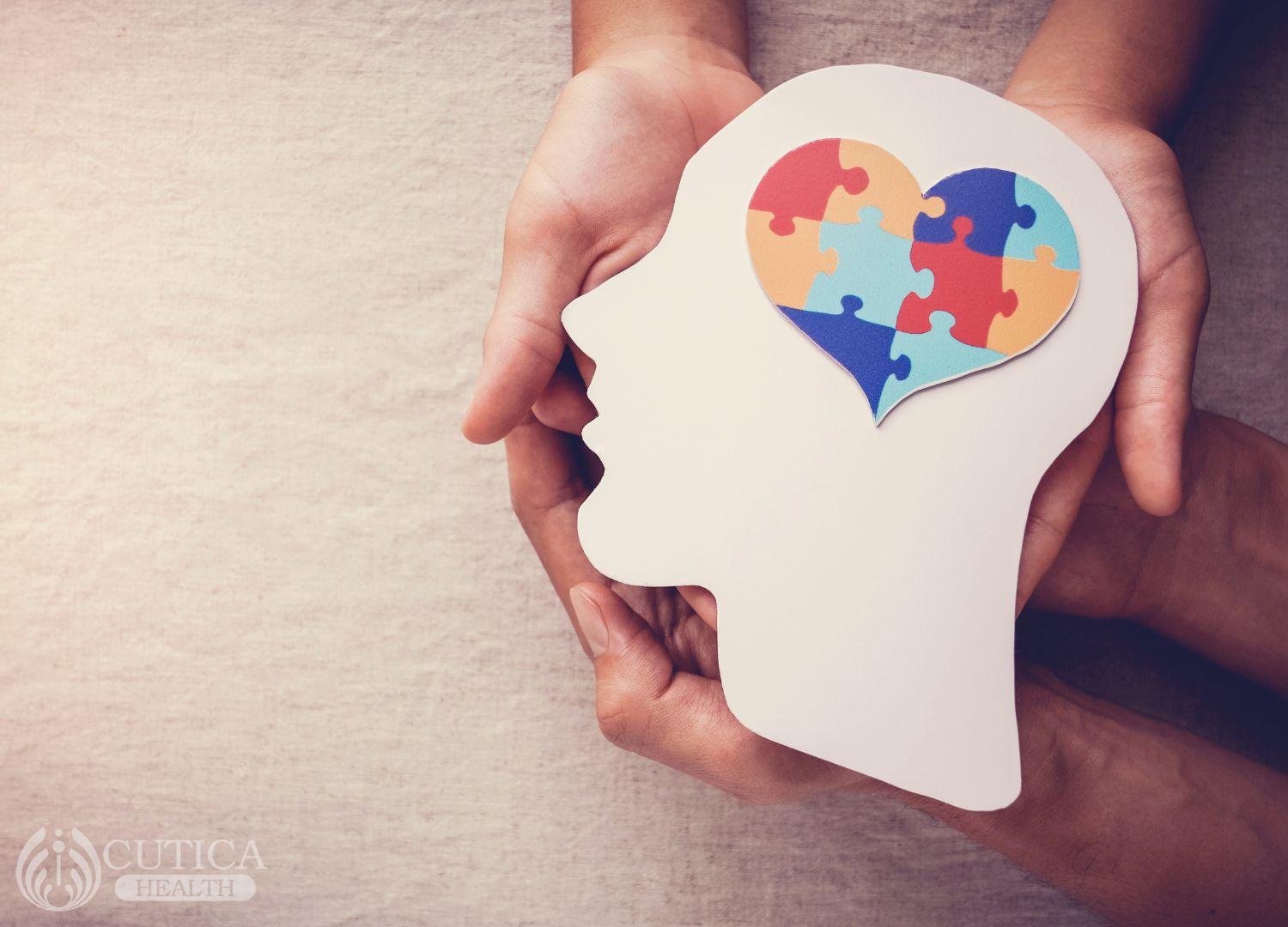“Tonye has always been restless and fidgety. He often did risky things without thinking about them. It didn’t matter where he was- at school, in church, or at home. It had never been a big deal, everyone around him was used to it. But recently, he got his first job, and his restlessness and impulsive behaviours have been a source of concern for his supervisors.”
ADHD is an acronym that stands for attention-deficit/hyperactivity disorder. ADHD is a developmental disorder where there is hyperactivity, inattention, and impulsive behaviour. Because ADHD is a developmental disorder, experts believe that the disorder must first start in childhood and persist until adulthood. But some people have reported receiving their first diagnosis as adults.
A large percentage of adults with ADHD are not aware that they have a disorder, they might just struggle with daily activities, feel unable to control certain thoughts or actions, feel very restless, forget meetings, or miss deadlines because they are unable to focus and prioritize.
Here’s what you need to know about adult ADHD:
What are the signs and symptoms?
The symptoms of ADHD are not easily recognized in adults and often present differently in adults than they do in children. Many adults with ADHD do not display severe hyperactivity, but some adults may continue to experience major symptoms in other areas that affect their daily lives. The main symptoms of ADHD in adults are restlessness, impulsivity, and inattention.

Impulsivity: This can manifest in the following ways: saying or acting in socially inappropriate ways, interrupting others during conversation, acting without thinking about the consequences, impatience, and impulse buying. Research has shown that impulse buying i.e., making an unplanned purchase is a common symptom observed in adults with ADHD. Impulsivity can also include mood swings, low frustration tolerance, an inability to cope with stress, irritability, and indulging in risky behavior without concern for one’s own safety or the safety of others.
Inattentiveness: This may manifest as poor organizational skills, forgetfulness, inability to sustain focus on tasks or prioritize, a lack of attention to detail, poor planning, and an inability to complete tasks they started.
- Restlessness: Adults living with ADHD have a strong urge to keep moving or doing things. Being in a situation where they must restrain their behavior can lead to frustration and anxiety. Restlessness may present as fidgeting constantly, an inability to sit still, hand or foot tapping, and constant moving around. Experts believe that hyperactivity manifests as restlessness in adults.
These symptoms can impact a person’s life at school, work, and home, and they can also affect social relationships. In periods of high stress, the symptoms presented may become more severe.
Other conditions associated with ADHD
When a person presents with two or more psychological disorders at the same time, it is referred to as comorbidity. In children, ADHD often occurs alongside other disorders such as autism spectrum disorders, intellectual disabilities, and sleep disorders. Likewise, adults with ADHD may experience other psychological conditions alongside the disorder. The most common co-morbid disorders in adults are depression and anxiety. Other co-morbid disorders include bipolar disorder, personality disorders, and obsessive compulsive disorder (OCD) .

How can it be managed?
Attention-deficit/hyperactivity disorder can be managed using medication, behaviour therapy, or a combination of both. The form of treatment used will vary from individual to individual and will depend on the severity of symptoms as well as the presence of other disorders.
Conclusion
ADHD is a developmental disorder that often begins in childhood and can last into adulthood. Some people with ADHD get their diagnosis in adulthood when they start experiencing difficulties in various areas of life. The symptoms of ADHD can be more subtle in adults, making it easy to fly under the radar. However, if you find yourself experiencing any of these symptoms or have been for a long while, visit a mental health professional and get a formal diagnosis.

